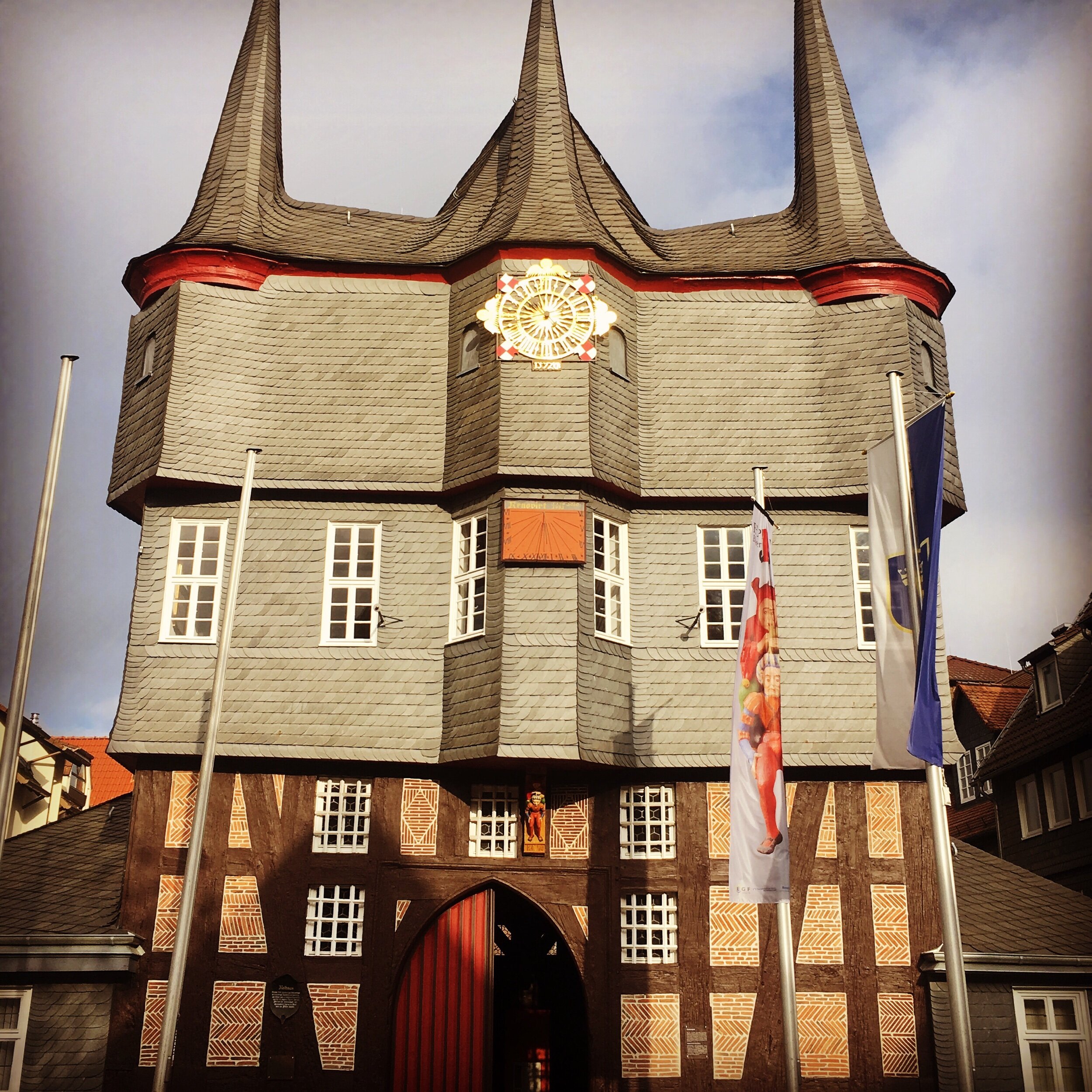German Identity
Hessen, Germany, November 2019
I spend the day of the 30th anniversary of the fall of the Berlin wall in a little village in the south of Hessen. Back then, in 1989 aged 14, i neither had been in Berlin but on the little island of Formentera, not having a clue of what was going on in the world.
The only thing i knew was the feeling of guilt, in relation to the fact that i was german. This perception was though subtil but quite present, wherever we had lived abroad from Germany. The stereotype of the accurate, humorless german with Nazi background would be always wobbling in the heads of my surrounding society. It took decades to overcome this , and finally, in the year 2006 when the Football World Cup was held in Germany, a very delicate new attribute of self esteem has been added to the german being. It was the summer of joy, happiness and solidarity. Still a little uncomfortable but steadily growing, the germans would become more and more attractive to other nationalities. Soon, Berlin became the epicenter of new german coolness and life style and the rest is history.
Having moved to Berlin in 1995 at the age of 19, the historical background and present circumstances of the two germanys growing together during time of transition had a mayor importance in my life. The relief of loosing this guiltiness a decade later, had a big impact on my search for national identity. Nowadays , i can say to be proud of being german. No matter what terrible incidents are shaking the country , such as antisemitism attack in Halle , the NSU assasinations or the rise of the political right wing party AfD, i do not want to give away this new affection for my german identity anymore.
‘Cause the times they are changing.
